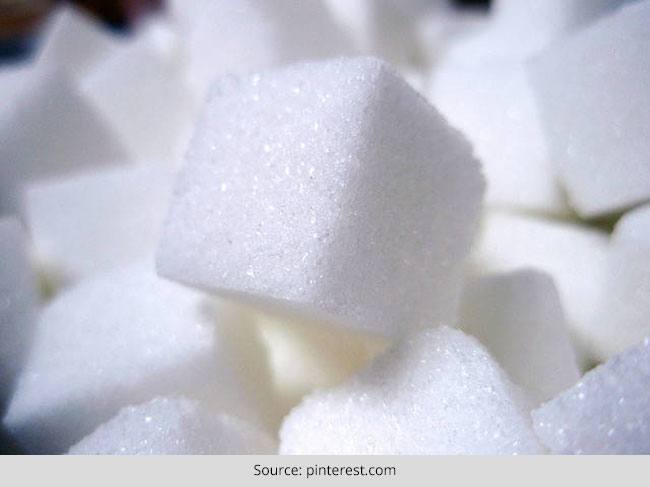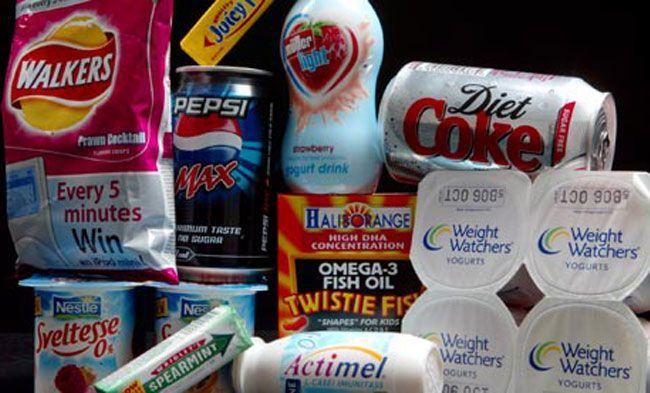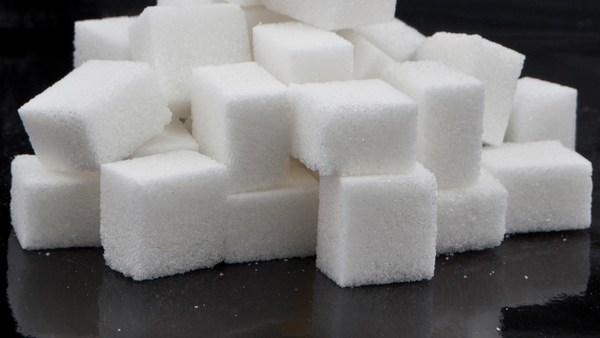
Artificial Sweeteners are just that; ARTIFICIAL. Basically a food additive used as a substitute for sugars, they duplicate the taste of it, but have comparatively less food energy. Artificial sweeteners, by their very name, can be misleading and scientific research has found sufficient reasons as to why they do more harm than good to the body.
Sugar in excess is considered BAD for the body, but in recent years, it has come to emerge, that these sweeteners are no better. These sugar substitutes have taken over most commercially available products, and one just has to read the label to find out the amount and kind of sweetener that a particular food item contains.

The market for artificial sweeteners is on an upward trend since almost a decade. In the US alone, it is above $1 billion annually. But recent research has shown, that these artificially manufactured products, taken most often by health conscious/diabetic people as a replacement for regular sugar, can cause a host of health related problems in the long run.
Human beings have four main tastes, and sweet is one of the primary one. Most natural fruits and foods have this essential energy source in varying amounts, required as initial energy boosters. In the last couple of decades however, with sedentary lifestyles taking over and reduced physical labour, this intake of sugar has led to dangerous results, resulting in diabetes and a host of other similar ailments.
One way of tackling this was the introduction of artificial sweeteners, which initially were considered as a boon to people with such ailments. This coupled with exercise was thought to be a magic cure for most lifestyle related problems.
The other reasons sugar substitutes are used include,
- Better oral care – Unlike sugar, these are very tooth friendly and do not harm tooth enamel like regular sugar. Xylitol for example, prevents bacteria from sticking to the tooth surface, thus preventing plaque formation and eventually decay
- Treatment of Diabetes – One of the main use of these substances, these sugar substitutes give the taste of sugar without the added harmful effects of it
- Management of weight loss – One of the main reasons of weight gain has been attributed to the excessive consumption, build-up and accumulation of fat in the body. Consuming these artificial sugar substitutes has been found to keep weight in check and in turn reduced body fat
Commonly used artificial Sweeteners
Artificial sweeteners can either be natural, or artificial/ manmade. Among the most widely used of them, saccharin, aspartame and sucralose stand out. The reason for this, is that these three are the most widely used of artificial sugars as well as the most harmful of them.

- Saccharin – This sugar is a part of most artificial sweetener sachets distributed in cafes and restaurants. While it’s positive effects have often been disputed, many research studies have shown its relation to an increased risk of cancer
- Aspartame – Diet sodas contain aspartame, the artificial sugar of choice since a couple of decades now. The US FDA has found that aspartame breaks down to form methanol and this substance when heated above 86°F produces formaldehyde, a dangerous chemical for the body
- Sucralose – Another common artificial sugar sweetener used in diet sodas, research on sucralose has proved that it increases sugar cravings, tampers with the body’s regular supply of insulin and also causes digestive problems, weakens the immune system, and causes migraines. It also poses an increased risk of breast cancer
Most artificial sugar sweeteners have been found to be detrimental to health. The only way to work around them, is to cut down on their intake and eat more fresh fruits and vegetables that have natural sugars that the body can handle.
Images Source: pinterest.com
